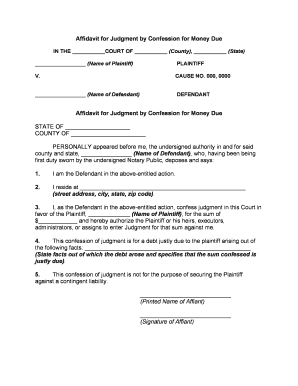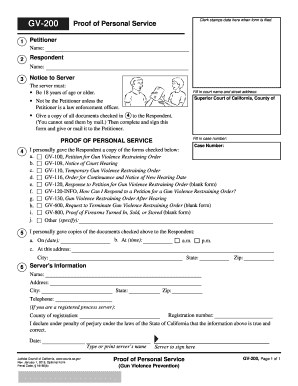

If the salary or wages of a judgment debtor are to be garnished to satisfy a judgment, the court may issue a continuing writ of garnishment to the judgment debtor's employer which provides for the periodic payment of a portion of the salary or wages of the judgment debtor as the salary or wages become due until the judgment is satisfied or until otherwise provided by court order. (Section 77.01.) However, before the court may issue a writ of garnishment is issued, the plaintiff, the plaintiff's agent or attorney, must file a motion (which does not have to be verified or negative defendant's exemptions) stating the amount of the judgment and that movant does not believe that defendant has in his or her possession visible property on which a levy can be made sufficient to satisfy the judgment. (Section 56.061.) A judgment creditor also has a right to a writ of garnishment against any debt due to defendant by a third person, and any tangible or intangible personal property of defendant in the possession or control of a third person. Generally, all lands and tenements, goods and chattels, equities of redemption in real and personal property, and stock in corporations, of a judgment debtor may be subject to levy and sale under execution. (Section 55.10(2), (3) & (4).) However, no judgment of any court shall be a lien upon any real or personal property of the judgment debtor within the state of Florida after the expiration of 20 years from the date of the entry of such judgment. (Section 55.10(1).) Such lien may be extended for an additional period of 7 years each time the judgment and an affidavit stating the current address of the lien holder, is re-recorded within ninety (90) days preceding the expiration of the prior lien. See Florida Judgment Enforcement Law below.īelow are Judgment Enforcement Collection Companies in your state and are here to serve your Judgment Recovery Needs, including asset searches, wage garnishments and bank account locators.Ī judgment entered in the court of the State of Florida generally may be enforced within twenty (20) years from the date the judgment was entered (Section 95.11(1).) It may become a lien on a judgment debtor's non exempt real estate in any county for a period of seven (7) years from the date of recording when a certified copy of the judgment, which contains the address of the person having the lien right, or a separate affidavit setting forth the judgment and the address of the person having the lien right, is recorded in such county.

Matching you up with the best Judgment Enforcement in Florida sm The only Judgment Enforcement Agent You will require for all your Judgment Enforcement needs. If you need Judgment Enforcement or Judgment Collection in Florida we can help.


 0 kommentar(er)
0 kommentar(er)
